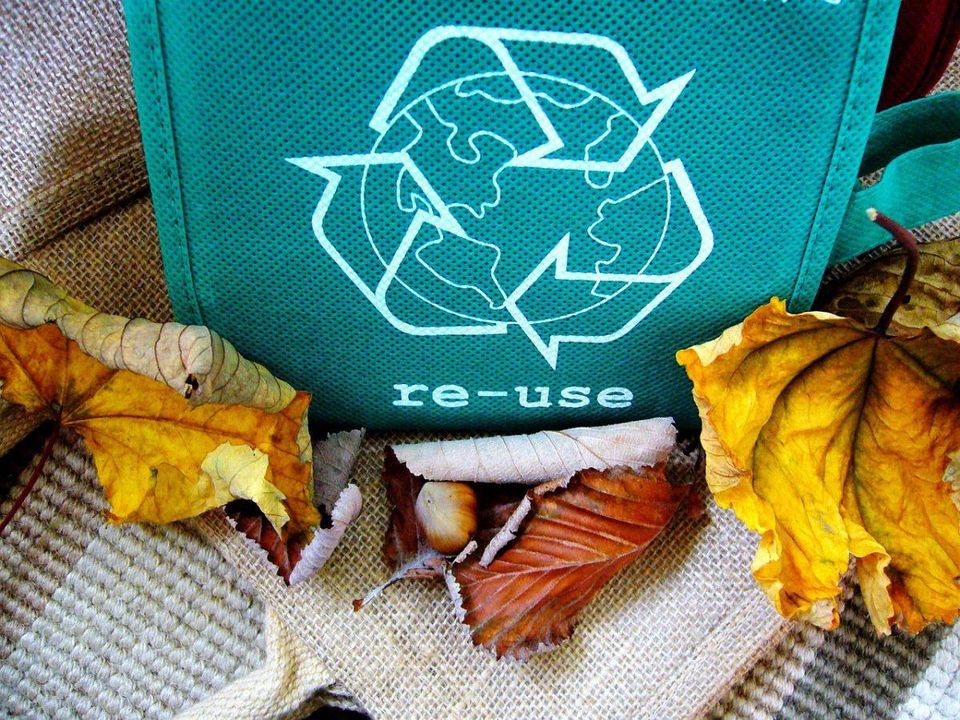Entrepreneurs know that going green is the way forward and that waste equals both reduced profits and bad ethics. Strategies to prevent the surplus of materials and resources can easily save your business money and reduce your carbon footprint at the same time. There is no shortage of innovation in this space, from recycled ink cartridges to carbon reductions – businesses are encouraged to explore another way of doing business. There are several ways that your business can look to improve your waste management overall.
1. Declutter before buying
To deploy an effective waste management strategy, it can be useful to declutter your offices, workspace, factories or stock areas. Clutter accumulates due to waste and unwanted items so you need to assess what you have and how it can be utilized or disposed of. It’s vital to do so before you begin to make any new supply or office purchases. Take an inventory of the items you have and use this information to inform any purchases that you make. When it comes to reducing waste, preventing the accumulation of useless clutter is the first step.
2. Brave going-paperless
In our technological age, the overuse of paper is both unnecessary and wasteful. Depending on what type of business you have, it may be possible to brave going- paperless entirely. In an office setting, interactive whiteboards during meetings can reduce the need for paper printouts. The cloud can allow the vast majority of projects to be handled and communicated digitally. Contracts and payroll can be handled via software, as can customer accounts using CRM programs. Ask yourself whether you need paper in your organization, problem solve your ‘main paper tasks’ without its use for a week and see how you get on!
3. Ditch single-use Items
Single-use items, like plastic coffee cups, for instance, are unnecessary purchases which can quickly create a lot of waste over time. Make a list of each single-use item and brainstorm an eco-friendly alternative that you could replace it with. In the case of coffee cups, simply use reusable mugs for the coffee machine. If you do print items out, only use ink cartridges which can be refilled. Ask your employees to take notes electronically instead of bringing in paper-notebooks. When you do have to make stationary purchases, ensure that you only buy products that are biodegradable.
4. Recycle Everything Possible

Going Green – What’s Good For The Planet Is Good For Business
Ensure that your company recycles each and every material that it needs to dispose of from kitchen waste and stationary to electrical items. Most standard items of paper, plastic or food are made simple to recycle via the allocated waste disposal bins. It can be a good idea to get rid of smaller non-specific waste bins around your company. Use only larger bins with clearly labelled requirements for each type of waste. Doing so will mean that employees are more likely to put the correct type of waste in the right place. When it comes to machinery and electrical items, ensure that you check the legal requirements of disposal with a local company like Waste Removal USA. Machinery companies offer some great services for those needing to sell on machinery equipment.
5. Upgrade appliances
Older electrical appliances are generally less energy efficient than newer appliances, so upgrading your equipment can help you to reduce waste. From your machinery to your lighting, laptops and kitchen appliances, look out for ‘energy star rating’ products as a priority. LED light bulbs for example, last far longer and use much less energy than conventional light bulbs. Switching to a solar energy supplier can also be a good idea to priorities a renewable energy source and protect the planet. There are also a number of solar office gadgets available, for instance, solar-powered phone chargers than can be fixed onto the windows.
6. Offer green incentives

9 Easy Ways Companies Can Save Money By Going Green
When it comes to reducing waste within your company, offering employee incentives can help to get everyone involved. Offer rewards for the ‘greenest team’ and judge this by practices of consistently switching off appliances, best recycling ideas, cycling to work or a paperless practice etc. Permitting employees to work from home is another option which can reduce the utility bills of your business over time. Technology enables us to save on plenty of resources if we use it in the right way.
To Conclude
As with any business strategy, be sure to review your waste management ongoing. Evaluate what’s been successful so far and which areas can still stand to be improved. Look to your team to help you to create new ideas. Ask them where they think the problems are arising in your waste management. Often, each team will be able to shed light on different aspects of the issue as a whole. Going green as a business is best achieved together.





